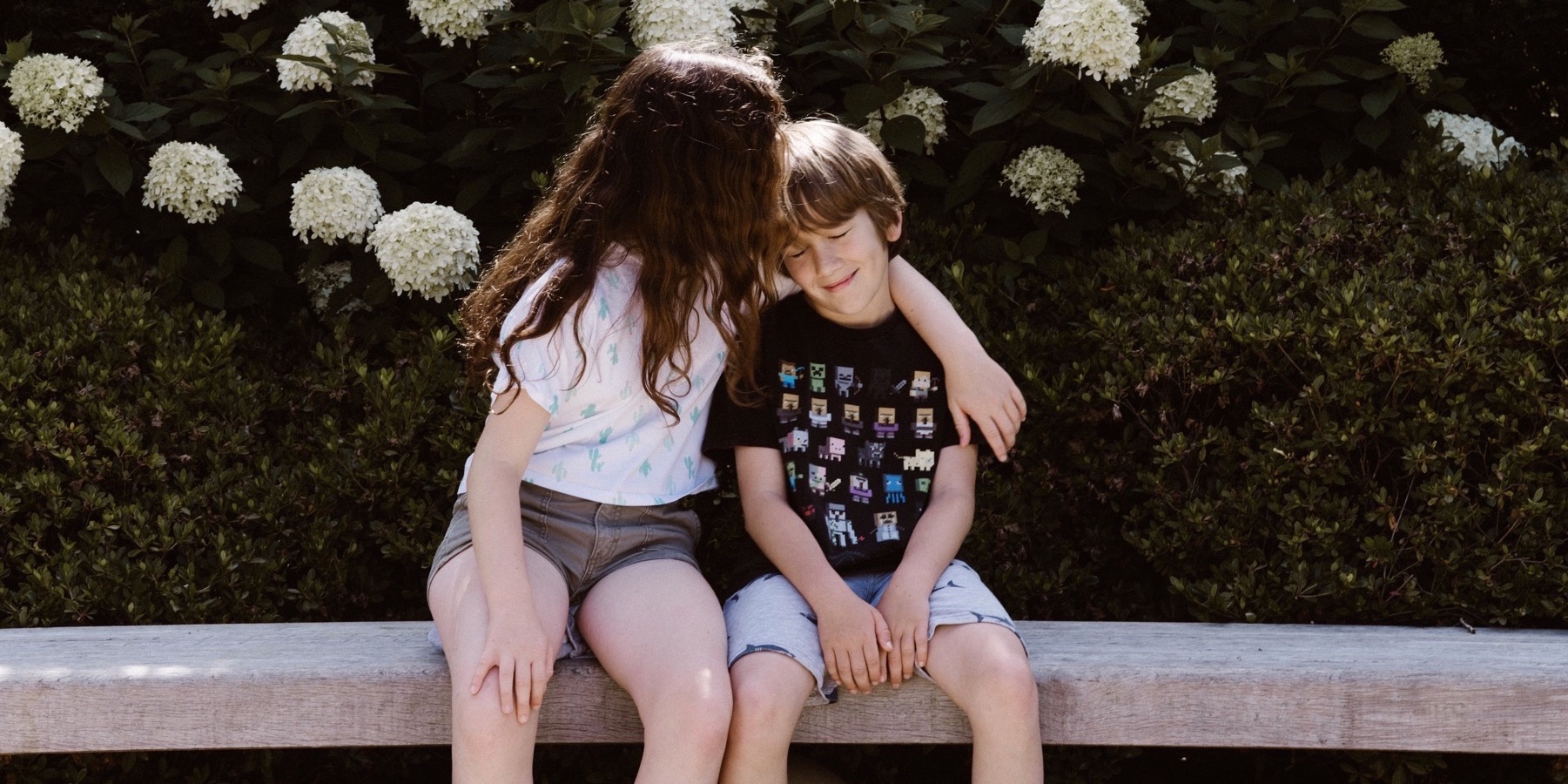When parents enter the divorce process, the courts will consider the best interests of the children when making decisions regarding custody and child support. This does not change if the children are adopted. Parents with adopted children need to be fully informed about the children’s rights and needs as the divorce process begins.
Legal Challenges of Adopted Children in Divorce
When a family goes through a divorce, the courts view the adopted children in the same way as biological children. Adopted children have the same rights and protections as biological children. Because of this, the courts make decisions in the divorce for children who are adopted based on what is in the best interests of the child, just as is done for biological children. While this may look different from one state to the next, the fundamental focus is the same.
The adopted child’s biological parents do not have special rights in this process, with one exception. If the biological parent signs away parental rights with the understanding that the child will be going to a two-parent home, and the biological parent learns that the adoptive parents were planning divorce before the adoption, then the biological parent may be able to challenge the adoption. The biological parent could argue that the adoptive parents were guilty of fraud by failing to disclose the divorce during the adoption process. In some cases, this can even cause the child to be returned to the biological parents.
Financial Considerations with Adopted Children During Divorce
Adopted children have the same right to receive child support as biological children. If the child receives a federal subsidy because of the adoption, this does not affect the amount of child support. It is not considered income because the funds are designed to be used to pay for the child’s special needs. When a parent legally adopts a child, he or she assumes the financial responsibility to care for that child, and that responsibility can include child support following a divorce.
Emotional Considerations for Adopted Children in Divorce
Though treated legally the same as biological children, adopted children may have unique emotional and psychological considerations during a divorce. Because an adopted child may have suffered a previous loss when leaving his or her biological parents, the divorce process can be more emotionally challenging. As a result, these children may have a greater need for family or individual counseling through the divorce process.
Adopted children are more likely to experience feelings of guilt for the divorce. The child may feel that his or her presence in the family and any accompanying challenges were the reason for the separation. The child may also feel additional abandonment during the divorce process that biological children are not prone to feel.
Like all parents, those who are entering divorce with adopted children in the home may need a divorce lawyer to help understand the process ahead. By partnering with a skilled divorce lawyer, parents can be certain that the right steps are taken to protect parental rights and the best interests of the children.

 2018 ·
2018 ·
Leave a Reply